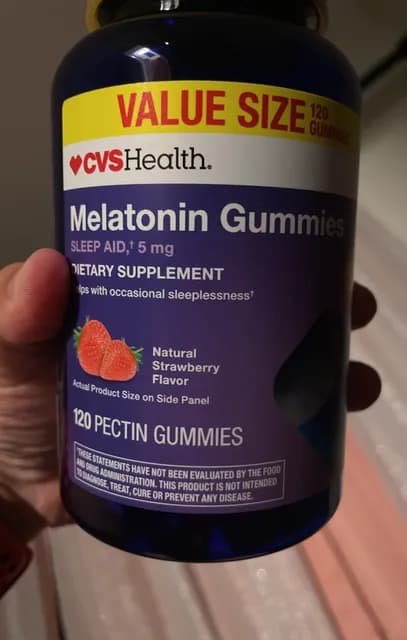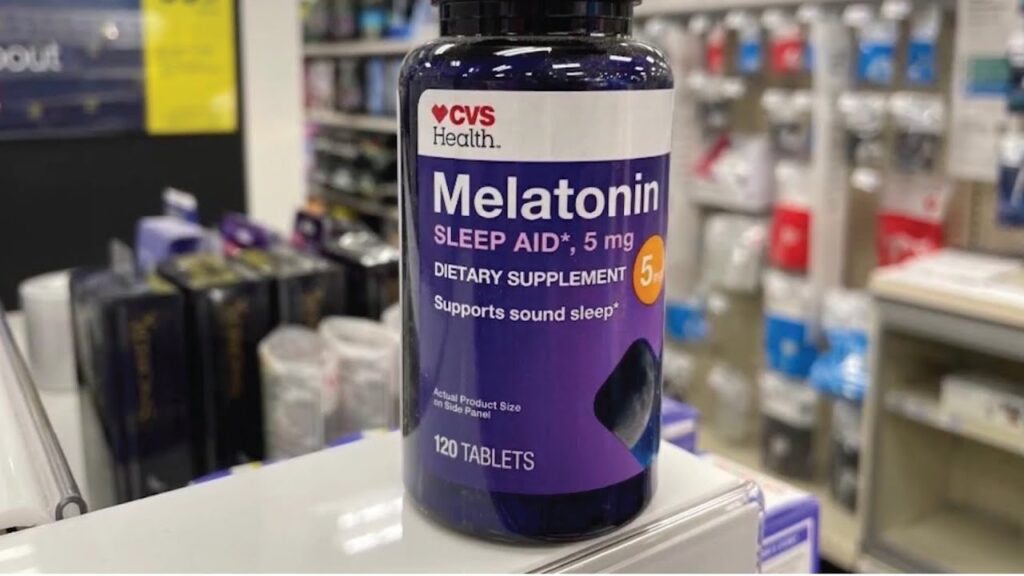Melatonin Sales Suspended in Australia Amid Concerns Over Children’s Overdoses
A popular online health retailer, iHerb, has halted the sale of melatonin supplements in Australia following a surge in overdoses among children.
The move comes as doctors and health experts warn about the risks of taking the hormone, which regulates sleep-wake cycles, without proper medical supervision.
Melatonin supplements, often available in fruit-flavoured gummy formulations, have become increasingly popular among Australian families seeking to help their children sleep better.
However, a prescription is required in most cases, and the Therapeutic Goods Administration (TGA) has not evaluated the safety or efficacy of these supplements for broader use in children.

Background on Melatonin
Melatonin is a hormone produced naturally by the body to regulate the sleep-wake cycle.
While it can be taken as a supplement to address sleep problems, including insomnia and jet lag, its use among children is approved only in limited circumstances, such as for treating insomnia in children with Autism Spectrum Disorder (ASD) and/or Smith-Magenis syndrome.
Concerns Over Online Purchases
Doctors and health experts are urging caution about buying medicines online, particularly from overseas websites.
Supplements that are imported and not listed or registered in the Australian Register of Therapeutic Goods (ARTG) cannot be guaranteed as safe, efficacious, or of high quality.
The TGA has also warned that buying medicines online may expose consumers to undisclosed harmful ingredients or counterfeit products.
A study from the US found that calls for paediatric melatonin ingestions to US Poison Control Centers increased 530 per cent from 2012 to 2021.
In Australia, data from the WA Poisons Information Centre revealed a spike in melatonin overdoses, mostly in children who had taken too many gummies.
Expert Reactions
Tim Jones, chair of child and young person’s health at the Royal Australian College of General Practitioners (RACGP), has welcomed iHerb’s decision, saying it is a “good step in taking melatonin back to where it needs to be considered as a medication and not viewed as just a supplement you can order online.”
Australian Medical Association (AMA) president Danielle McMullen has also commended iHerb’s responsible approach to reviewing its order protocols.
Dr Jones has warned that the formulations of online melatonin supplements can be unreliable, with varying doses and unverified ingredients.
He advises parents to consult their trusted health professional about using melatonin for their children, particularly those with autism and ADHD, where there is evidence to support its safe and effective use.
The suspension of melatonin sales by iHerb has raised concerns about the unregulated online market for supplements and the potential risks to children’s health.
As health experts continue to monitor the situation, parents are advised to exercise caution and seek professional advice before giving their children any supplements, including melatonin.

